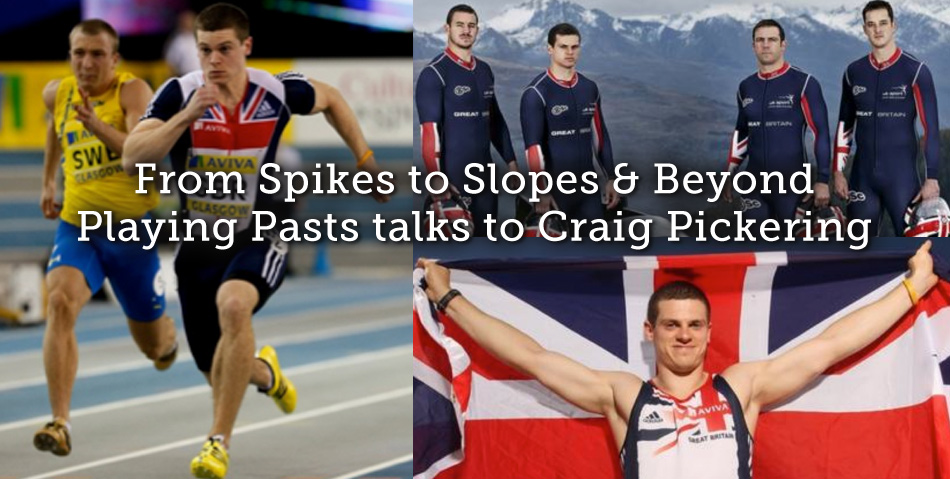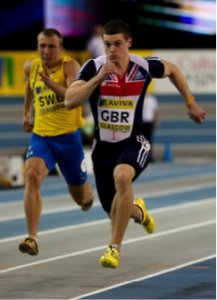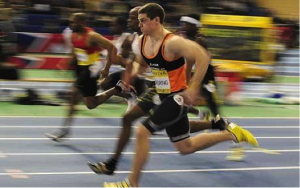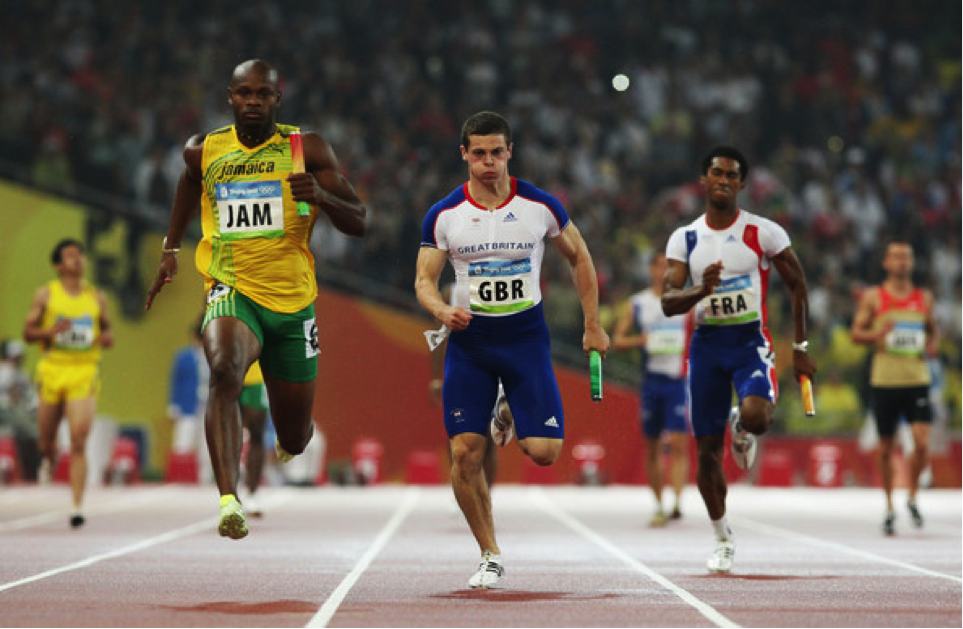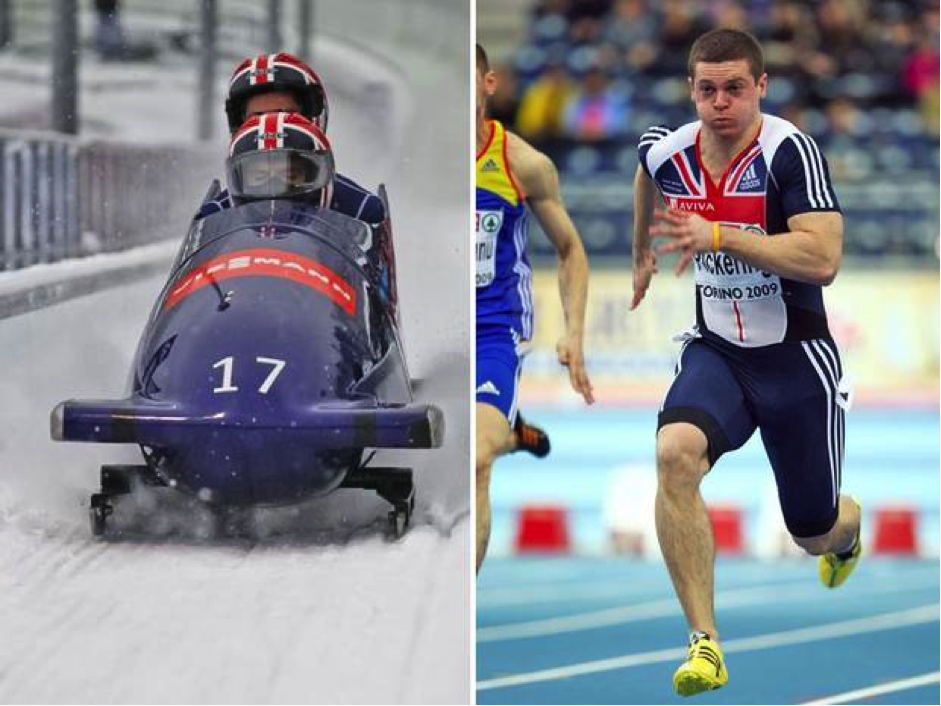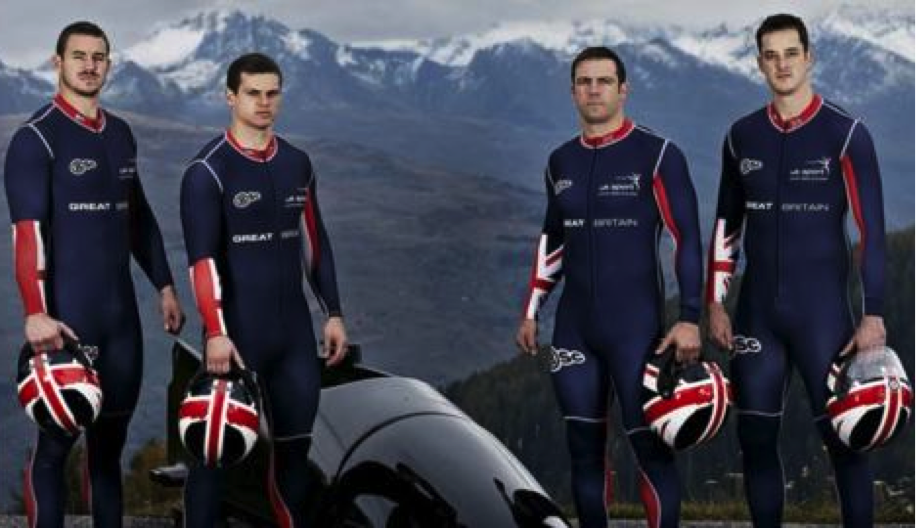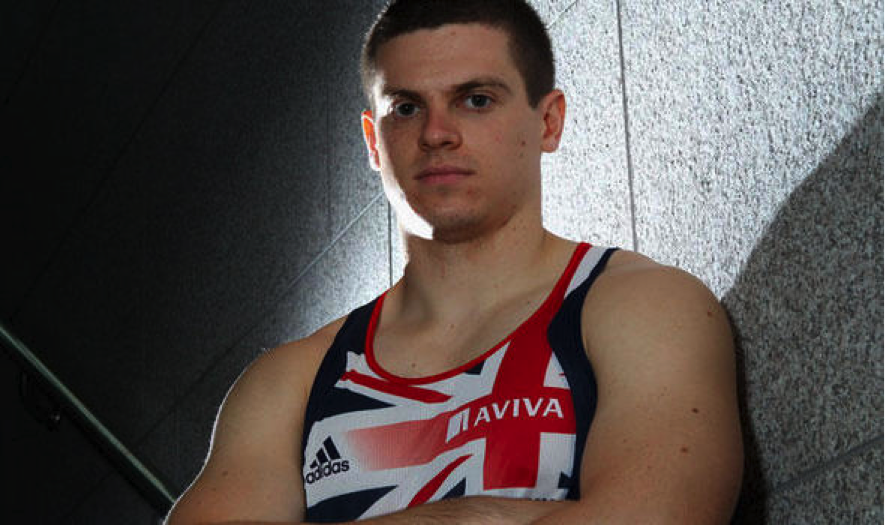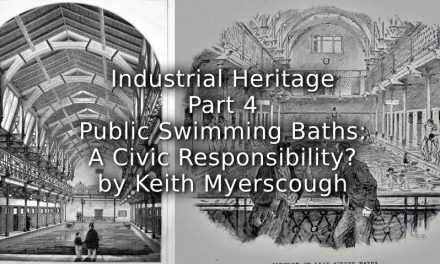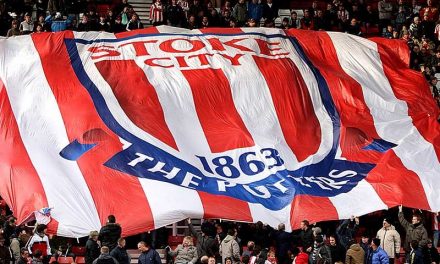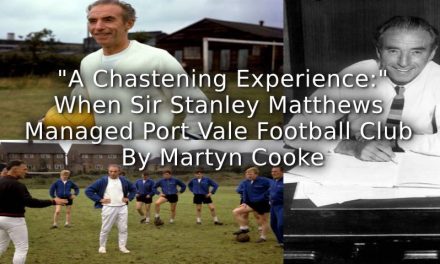The success of the British sprinting world seemed safe in the feet of Craig Pickering in 2007 when he was part of a new generation of young sprinters hotly tipped to come of age on the 2012 Olympic stage. As a junior Craig won the 100m bronze at the 2003 World Youth Championships and first came to public attention in June 2005, when he beat Darren Campbell, success continued and in 2007 he entered the 60m at the European Indoors as the No 1 ranked sprinter on the continent, having clocked 6.55s on more than one occasion. Later in the same year he soundly beat the much fancied Mark Lewis-Francis at the Norwich Union Grand Prix 100m in a damp and dismal Glasgow, equalling his PB of 10.22. On 23rd June 2007 Craig improved his 100m PB to 10.15s at the European Cup event in Munich as well as competing as part of the GB 4x100m squad who ran the 2007 World Leading time of 38.30s. 2007 still had more to offer Craig, including a silver medal and a further reduction in his PB (10.14s) at the European under 23s and later at the UK Championships/Worlds Trails he finished 0.01s behind Marlon Devonish, thus gaining selection to compete at the 2007 Worlds in the individual 100m as well as part of the 4×100 team that subsequently won the bronze medal.
- Photo © Telegraph
- Photo © Telegraph
2008 was a year of triumph and disappointment for Craig; he opened his season with a win at the Norwich union international match in the 60m which helped secure a win for TeamGB and was GB’s solo qualifier into the 100m final at the Aviva London Grand Prix at Crystal Palace. The high point of his career came when he became an Olympian, representing his country in both the individual 100m, where he advanced as far as the quarter finals and as part of the sprint relay team at the 2008 Beijing Olympics. In the worst possible end to the Games for Britain’s male sprinters, during the heats of the sprint relay Craig, running the anchor leg, left his mark early and had to slow to an almost standstill to receive the baton off Marlon Devonish. He still managed to scurry over the line in second place but a few minutes later the team were DQ’d for an illegal takeover. Among much wailing and gnashing of teeth by the media and despite Devonish insisting on collective accountability Craig was quick to step forward, offering a typically honest appraisal in shouldering the blame, he said: “It was my fault. I went too early. I let myself down, the team down and the country down.” Unfortunately for Craig a back injury and subsequent operation put pay to his chances of competing at 2012, his UK Athletics funding was promptly withdrawn in October of that year and he found himself with an uncertain future. He then turned to Bobsleigh and quickly found that it suited him. So much so that in less than a month after swapping the athletics track for the bobsleigh run Craig was putting himself on the line in the World Championships at the Celerina Olympic Bobrun in St Moritz after making his debut in the event just a few weeks earlier in a World Cup event in Germany, where he and his pilot John Jackson finished 19th. Following these performances he was selected to represent TeamGB at the 2014 Sochi Winter Games in both the two-man and four-man competitions. However virtually on the eve of the Games his back problem flared up, albeit a different disc this time, and the sprinter turned brakeman was given the devastating news that his sporting career was more than likely over.
- Photo © Telegraph
Craig spoke to Playing Pasts recently and I began by asking him about his time in athletics, the transition to bobsleigh and the differences he found between the sports… ‘I certainly enjoyed my athletics in the earlier years’ Craig said, ‘although as I grew older I started to get frustrated with my lack of progress and underperformance which I think led me to become somewhat jaded. After undergoing back surgery in 2012 I had the opportunity to change sports and move into bobsleigh which definitely excited me, it was mentally refreshing, offering different challenges, a new lease of life if you like’. ‘Certainly’, Craig continued, ‘when I reflect on my career it is the bobsleigh that I miss the most, probably because of a sense of unfinished business, whereas I feel that I gave athletics a fair go although not quite reaching the levels I wanted to. The switch to bobsleigh obviously brought with it different pressures and challenges; whilst I was physically fit and strong I was also a complete novice, and therefore lacked the necessary technical ability. I worked very hard at this aspect over the course of about a year, getting to the point at which I felt I was a very competent bobsledder’. Being picked as the brakeman for both the two- and four-man GB sled teams for the 2014 Sochi Olympics is testimony to the fact that Craig was much more than merely competent and at the same time became only the 8th British athlete to have been selected for both a Summer and Winter Olympics – quite a select club.
- Photos © The Independent
Speaking about the differences between individual and team sports Craig observed that it was in some ways a difficult transition. ‘In athletics I could focus on myself, doing what I needed to do when I needed to do it, while in bobsleigh it was very much what was best for the team, which in turn wasn’t necessarily what was best for me’. ‘I can honestly say’, he recollected, ‘that my proudest moment in sport was qualifying for the Olympics in bobsleigh – it was the culmination of a long journey for me, returning from a career threatening injury and learning a completely new sport and then having the opportunity to compete at the highest level in that sport. My team mates from GB2 – Lamin Deen, Ben Simons and John Baines, will be my friends for life because of the experiences we shared in that short journey’.
- Photo © Telegraph
Although the end of his sporting career came suddenly and unexpectedly, at a pre-Olympic holding camp at the Konigssee ice track in Germany, in the shape prolapsed and slightly torn disc, Craig admitted it would probably have happened sooner rather than later given the amount of training and competing he was involved in. ‘It was obviously a tough period, having prepared thoroughly and then to have it snatched away at the last minute but’, he added, ‘at the same time it was made easier because I’ve never had to make the agonising decision to retire; it was effectively made for me’.
Turing to the thorny and omnipresent subject of funding Craig was thoughtful, it is one of the biggest overall differences between his two sports; athletics receives a lot of funding and sponsorship, whilst bobsleigh receives comparatively little. ‘When you take into consideration that bobsleigh is logistically more expensive’, he continued, ‘this can often lead to differences in athlete comforts, for example, the hotels for bobsleigh were of an inferior standard than those of athletics. Athletics has been professional and modernised for much longer too, and so has a real high performance culture around it, whilst bobsleigh is a little bit later to that party, and it shows in some of the attitudes and organisational abilities’.
- Photo © Daily Express
So after retirement? Craig described how he worked as an athletics coach, for a number of organizations including Action Kids and the Dean Macy Summer Camps, where his utilised his experience and expertise in planning and delivering multi-sport and fundamental skills sessions for children and ensuring that the children were able to enjoy their sports in a safe and supportive environment. I asked Craig if he had enjoyed working with the younger athletes. Yes he did, ‘it certainly was fun and a different environment’ he acknowledged, ‘with the youngsters the training focus is mostly on basic technique and skill-sets, but typically he continued, I prefer working with elite athletes, mainly because they don’t need a lot of motivation and feed-back which enables me to work to my own personal strengths, using science in order to give marginal gains’.
Craig then went on to explain how in 2014 he moved to Exeter with his girlfriend Suze, who was in the early years of her foundational medical training at Royal Devon and Exeter Hospital. At that time, Craig continued, ‘I also started working for DNAFit, a genetic testing company that gives advice on how to use your genes to meet your diet and fitness goals. I still work for DNAFit as Head of Sports Science, which requires me to develop and deliver education programmes to personal trainers, nutritionists, and sport support staff; work with elite teams giving insight into how to interpret their genetic results; co-ordinate our active research group which drives our scientific publications, as well as providing scientific guidance on the development of new products. It’s good to finally be able to put my Sports Science degree to good use’ he admitted. Craig is currently also studying towards a Professional Doctorate qualification in Elite Performance from the University of Central Lancashire. In August 2015 Suze accepted a post at Tweed Heads Hospital on the Gold Coast in Australia, and so the couple relocated there with Craig continuing to work for DNAFit remotely.
I asked Craig about his plans for the future – ‘I am keen to continue to study for various qualifications within the field of sports science’ he replied. ‘I believe that the best application of sports science comes through an interdisciplinary approach, and in order to have that approach requires me to have an understanding of the several different disciplines. I hope to continue to work in sports science, certainly for the foreseeable future and ideally with DNAFit, as I am fascinated by it all’. ‘In the short term I would say my goal is to conduct research into the genetic underpinnings of the individual response to caffeine; why do some athletes see really big improvements in performance with caffeine, when others don’t – and how can we use this information to give better advice’. ‘Hopefully’, he reflected, ‘the results of my research will help both the elite and the weekend athlete right around the world’.
How does he enjoy his new life in Australia? ‘I really like it here’ he confessed, ‘it’s a completely different way of life. Everyone is very relaxed and happy to help – no doubt the weather helps. Suze and I were married in September this year, we get to do plenty of exploring having been to the barrier reef in the North and as far down as Melbourne. With Australia being about as big as Europe you get a real mix of environments’.
Thank you Craig for your time and insight into your career both past, present and future, Playing Pasts would like to wish you and Suze all the best for your future life and plans.
Article © Margaret Roberts

